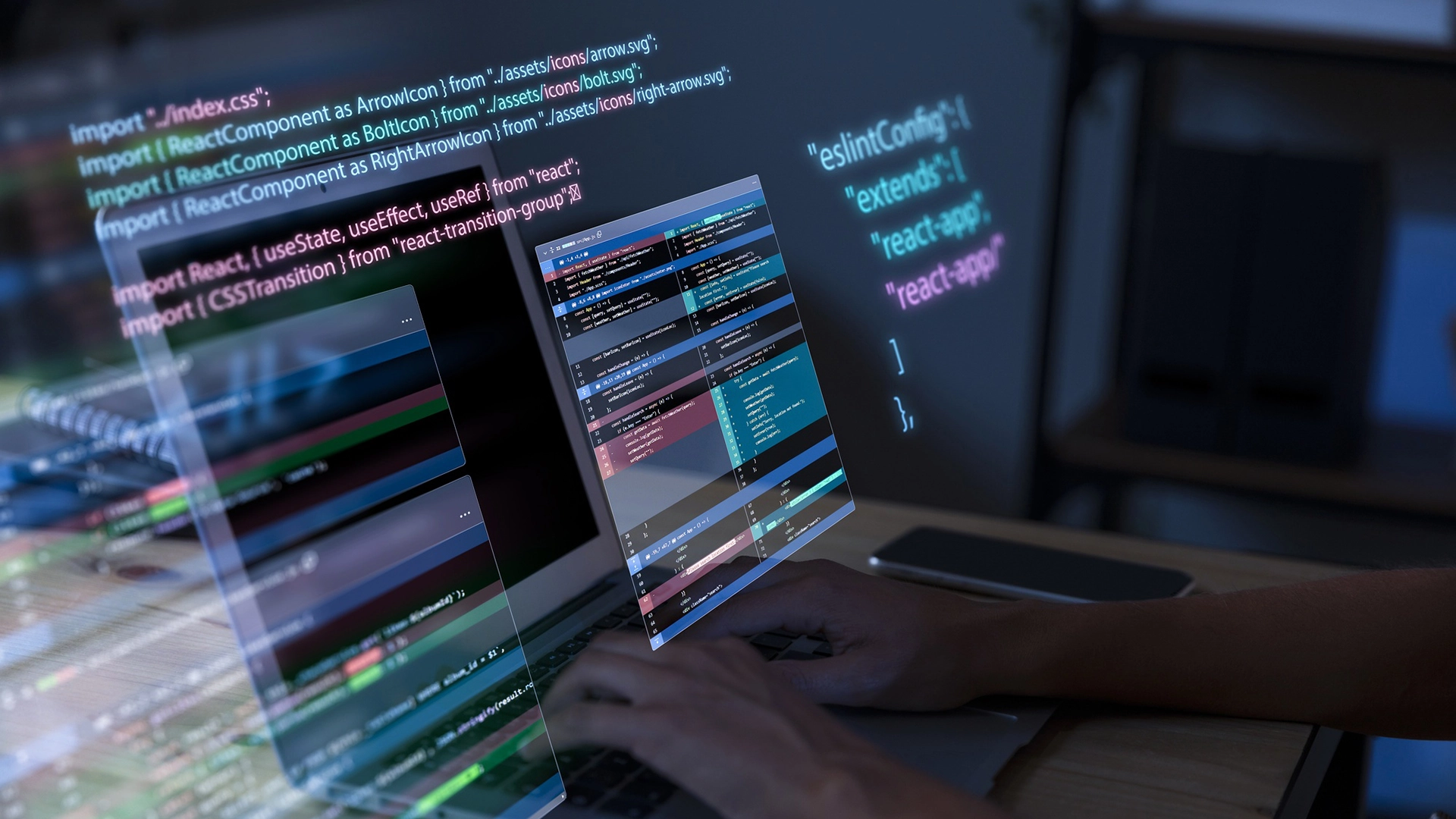
Image by Freepik
CIO Aims to Expand Team by Creating Digital Clones of Staff
UC San Diego’s CIO wants to use AI agents and digital twins to automate IT work, improve cybersecurity, and ease staff burdens.
In a rush? Here are the quick facts:
- UCSD CIO proposes using AI agents and digital twins to assist IT staff.
- UCSD faces complex cyber threats due to oceanographic research.
- Digital clones may improve productivity and staff well-being.
During this week’s Cisco Live conference, Dr. Vince Kellen proposed to utilize AI agents and digital twins of seasoned IT staff for handling repetitive tasks and late-night emergencies, as first reported by The Register.
Speaking to a packed audience, Kellen said, “All roads are leading to high levels of automation whenever we can,” reports The Register.
The university operates as a small city since it welcomes more than 100,000 people per day, while having to deal with declining student enrollment and limited financial resources
Kellen predicts that AI systems will acquire knowledge from tech workers to manage increasing demands in the future. “We have all this knowledge in human beings around network policy that we have to get out of their minds in a kind of drip irrigation fashion,” he said, as reported by The Register.
Kellen believes that slowly transferring this knowledge to AI would enable IT teams to decrease their workload and enhance network performance.
The Oceanography Institute at UCSD also faces national security threats. “When you put sonar in the water, you discover more than fish, and other countries want to know about that,” he warned, as reported by The Register.
Foreign-backed cyberattacks are becoming more sophisticated, requiring staff to automate basic defenses so they can focus on more dangerous threats.
Kellen believes AI “has the potential to allow proactive detection of issues” and sees digital clones as a way to preserve staff expertise while easing their burden. “Then that person doesn’t have to be tortured when there’s another incident. They don’t get called the next time,” he added, as reported by The Register.
His idea raises a provocative question: Would you let your employer digitally clone your expertise if it meant fewer stressful callouts? As automation grows, the line between human and machine work may blur, but for IT teams, it could mean much-needed relief.
However, increased automation also raises cybersecurity concerns. Systems operated by automated IT workers and AI agents present attractive targets to hackers, since an attack on these systems could result in extensive disruptions.
Indeed, a compromised digital twin could be used to bypass security protocols and spread malware at a faster rate than human operators.
A report from the World Economic Forum argues that attackers can contaminate AI training data or discover vulnerabilities in AI models, which results in system failures or incorrect output generation.
These “data poisoning” and model exploitation attacks are often easy to carry out but hard to defend against, as current security measures are insufficient, as noted by ITPro.
Despite these risks, 96% of IT professionals recognize AI agents as a security threat, yet most organizations rush to implement them without proper controls or policies, as reported by ZDNet.


 Previous Story
Previous Story

 Latest articles
Latest articles 